50 Hz Vs 60 Hz Motor
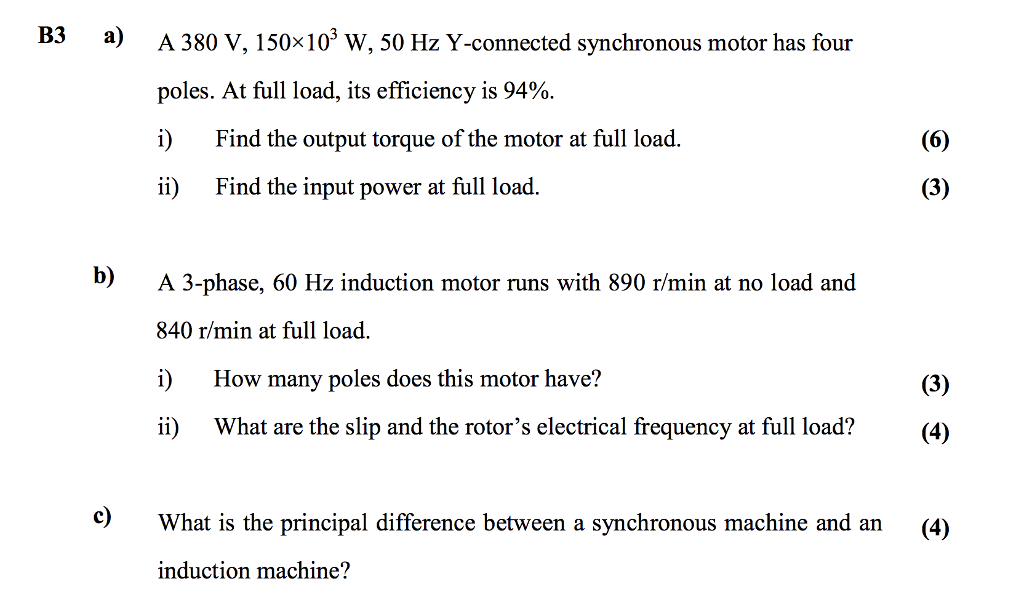
Solved A A 380 V 150x103 W 50 Hz Y Connected Synchr Chegg Com

Using A 1 Vfd As 50hz 60hz Converter For Window A C Unit All About Circuits

Ac Power Booster For Using 2 240 Volt 50 Hz Appliances With High Pow Acupwr

Practical Machinist Largest Manufacturing Technology Forum On The Web

W21 Explosion Proof Motor Nema Premium Efficiency 50 Hp 2p 326ts 3ph 230 460 380 V 60 50 Hz Ic411 Tefc Foot Mounted W21xd Class I Class Ii Explosion Proof Dip

Ufr1nh8f60cmnn Johnson Electric Johnson Electric Synchronous Ac Geared Motor 12 230 V 500 Rpm 50 Hz 600 Rpm 60 Hz 8 1846 Rs Components
Isn't 50 Hz a PAL standard?.
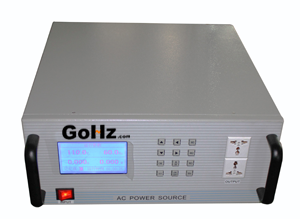
50 hz vs 60 hz motor. You will starve the motor for voltage;. 60 Hz motor connected to 50 Hz supply It is same as the above, but instead of steppingup the supply voltage, it is necessary to stepdown the supply voltage 50Hz/ 60 Hz = 5/6 * 100 = 80 %. You end up with 380V 60Hz, and 380/60 = 633V/Hz, well under the 10% range of acceptability The motor will produce about 50% of it's rated peak torque, slip will increase under the same load, the motor will pull more current and over heat (unless perchance it was designed at 1% of needed power capacity).
For the 1 volt electronics, the optimum voltage for 1 Volt 60 Hz motors and transformers used on 50 Hz is 100 Volts, but a very common dual rating for coils is 110/1 Volts, 50/60 Hz If you can find a 110 volt transformer you will probably be a little safer with the coils and transformers in the controls. Frequency Converters, also called a Frequency Changers, convert 50hz and 60hz to 400 Hz power This is done either by means of a double conversion Static Frequency Converter or by using a motor generator set called a Rotary Frequency Converter Frequency converters are machines that convert power from one frequency to another frequency. It has to do with two factors, and both are steeped in history One was the “war of currents”, when the original machines for transmitting electricity were being used to send the.
Unless it is a CLOCK where the sped of the motor is CRITICAL, 50 cycle devices usually run well at 60 cyclesIndeed Tesla himself thought that 60 cycles optimized the metal weight ratio to the magnetic fields, so that's why he used it in his AC systemThe 50 cycle thing (Along with the 2Volts) was a way to get around his patents in the early days overseas. Aside from motors, in principle there is very little to choose between 50 Hz and 60 Hz 50 Hz is slightly better for long distance power transmission because the power loss in the overhead lines is less But a 50 Hz transformer needs about 17% more iron in it so it is are bigger and heavier. For the same motor all the parameters are constant except the frequency and this will affect the applied voltage, so simply apply this equation and see what will happen V1/f1=V2/f2, V1=400v (for example), and f1= 50Hz, f2=60Hz Then, the new voltage to be applied V2= 400x60/50=480v This is the new required voltage to be applied to get the same motor duty as before.
Second thing I look at is the V/Hz ratio I see that 400V/50Hz = 8 and see that 480V/60Hz = 8 Therefore both V/Hz ratios are the same and will have the same flux densities The thing I question, is even know the V/Hz ratios are the same do I have to worry about operating the motor within the / 10% value of the nameplate rating?. Tame your Motor, episode #3 Here we explain why a 60Hz induction motor can be the better choice if you live in a 50Hz country The first few minutes however. Will the unit be.
It has to do with two factors, and both are steeped in history One was the “war of currents”, when the original machines for transmitting electricity were being used to send the. On the contrary, if you increase the frequency, the motor will speed up The RPM change is proportional to the Hz change 60Hz motor will run % slower on 50Hz power supply This also results in % less power Basically, running the electric machine slower usually means it will be demanding less power. Whats the difference between 50 and 60 Hz power?.
A motor designed to run at 60Hz will have reduced cooling when running at a slower 50 Hz That same motor will probably draw more current as it was designed with an impedance match of 60Hz and not 50 Hz (this will be a compound problem as it pulls more current while running slower) So the motor will run hot, perhaps hot enough to fail very early. 50Hz vs 60Hz in operational speed The primary distinction between fifty rate (Hertz) and sixty rate (Hertz) is, well, 60Hz is two hundredth higher in frequency For a generator or induction motor pump (in straightforward terms) it means that 1500/3000 revolutions per minute or 1800/3600 revolutions per minute (for 60Hz). 50 Hertz means the rotor of a generator turns 50 cycles per second, and that the current changes 50 times per cycle With 50Hz, voltage bounces between positive to negative, and then negative to.
So a 60 Hz motor only runs at the right speed on 60 Hz supply, a 50 Hz motor on a 50 Hz supply To adjust the speed you must either change the motor, change the supply frequency, or change the 'gearing' if using a belt system (the pulley diameter). A motor designed to run at 60Hz will have reduced cooling when running at a slower 50 Hz That same motor will probably draw more current as it was designed with an impedance match of 60Hz and not 50 Hz (this will be a compound problem as it pulls more current while running slower) So the motor will run hot, perhaps hot enough to fail very early. The 60 Hz motor will operate slower on 50 Hz mains so vibration table will vibrate at about 30 x 50/60 = 25 HZ No major but may be noticeable to some And/but the motor MAY overheat on 50 Hz as the cysles are % longer and iron laminations may be drive further into saturation There will be people "in the electrical industry" who can tell.
The primary difference between 50 Hz (Hertz) and 60 Hz (Hertz) is simply that 60 Hz is % higher in frequency For a generator or induction motor pump (in simple terms) it means 1,500/3,000 RPM or 1,800/3,600 RPM (for 60 Hz) The lower the frequency, the lower will be the iron losses and eddy current losses. The nominal speed of the motor is a function of the number of poles in the motor and the system frequency An 1800 rpm motor designed for 60 Hz will run at 1500 rpm at 50 Hz There are design differences due to the difference in inductive reactances and flux as a function of frequency David Castor wwwcvoescom. Speed difference For a standard motor, the RPM is largely proportional to the frequency, so around % speed increase at 60Hz compared to 50Hz power supply Bearings difference Theoretically the bearing lifetime should be reduced at the higher speed, but in reality there is so much uncertainty regarding the actual bearing life, compared to the minimum guaranteed life, that this concern is largely irrelevant.
Sometimes it mentions both Hertz 50 and 60, but this is only for small (low wattage) motors and small transformers Larger motors or transformers are only made for a specific amount of Hertz, so either 50 or 60 What happens if you connect a 60 Hertz motor to a 50 Hertz mains The motor turns 17% slower;. \$\begingroup\$ but in electric motors the frequency matters It depends on what type of motor is used Also, the appliance might still "just work" If it would be a (mechanical) clock which uses 60 Hz as its timebase, sure then at 50 Hz it will be useless A lawnmower might simply run a bit slower at 50 Hz. In America we use a frequency of 60 Hz while in Europe you will find a frequency of 50 Hz It may not seem like a big difference, but altering the frequency on a motor can create big changes in how a motor will run When you alter the frequency of a motor, the strength of the magnets inside the motor will change.
The motor speed calculator calculates the synchronous motor speed from the following parameters f Supply frequency (Hz) For example, 50 Hz or 60 Hz p Number of poles For example, 2 or 4 This can be found on the nameplate of the motor The motor speed in rpm is calculated as \(n_{s} =2 \cdot 60\cdot \dfrac{f}{p}\). You need to operate any equipment / Instrument/Device based on the specification about voltages Some Xmer are designed to run for either 50/60 hz and with a tolerance for input voltage/current, but its specific about that Xmer Now answer to you. Induction motors work better with lower frequencies But for general purpose motors, 50 Hz is better In Europe, where electric railways developed quite rapidly, there were even dedicated powerlines at 25 and 16 2/3 Hz On the other hand, for incandescent bulbs have lower flicker at 60 Hz.
Just that they aren’t thinking of the question in the same way that I am DC power can exhibit a frequency If we take a D. Unless it is a CLOCK where the sped of the motor is CRITICAL, 50 cycle devices usually run well at 60 cyclesIndeed Tesla himself thought that 60 cycles optimized the metal weight ratio to the magnetic fields, so that's why he used it in his AC systemThe 50 cycle thing (Along with the 2Volts) was a way to get around his patents in the early days overseas. So a 60 Hz motor only runs at the right speed on 60 Hz supply, a 50 Hz motor on a 50 Hz supply To adjust the speed you must either change the motor, change the supply frequency, or change the 'gearing' if using a belt system (the pulley diameter).
Speed difference For a standard motor, the RPM is largely proportional to the frequency, so around % speed increase at 60Hz compared to 50Hz power supply. Whats the difference between 50 and 60 Hz power?. Instead, look at the little sign that has model numbers, serial number, voltage, etc If it says 2 V 50/60 Hz, then it's probably safe to use it in the US If it says 2 V 50 Hz, it's more uncertain Many components should work fine, but perhaps some may overheat, not work, or run at the wrong speed.
At 60 hertz (base motor speed), both HP and torque are at 100 percent When the VFD reduces frequency and motor speed, it also reduces voltage to keep the volts/hertz ratio constant Torque remains at 100 percent, but HP is reduced in direct proportion to the change in speed At 30 hertz, the HP is just 50 percent of the 60hertz HP. A 50 Hz fan motor will rotate % faster RPM at 60 Hz, therefore will the fan blades to increase the torque by 40% while the inductance in the induction motor windings increases, the motor becomes overloaded if not the voltage to the motor is increased correspondingly. 1 Hz on a 50 Hz will turn slower ~% Since it's slower, cooling on the motor required less It will see an increase of current load with V/Hz increase 2 Hz on a 60 Hz The motor will turn approximately % faster and this will lead to some heat issue as cooling required more The V/Hz will drop without any increase of current draw though.
50 Hertz means the rotor of a generator turns 50 cycles per second, and that the current changes 50 times per cycle With 50Hz, voltage bounces between positive to negative, and then negative to. As standard all industrial motors designed for both IEC and US system voltages/frequency supply 400V/50Hz or 460V/60Hz The power supply difference between 50Hz and 60Hz usually % nominal power at 60Hz higher by % of 50Hz power supply The data can be found on motor nameplate Why the difference is %?. By changing only the frequency, motor will run at % higher speed at 60 Hz compared to the speed at 50 Hz At higher speed, the motor will have better cooling by its internal fan That is one good effect But the motor will have worse power factor which is not good effect Besides, magnetic system of the motor will not get into saturation at 60 Hz.
So a 60 Hz motor only runs at the right speed on 60 Hz supply, a 50 Hz motor on a 50 Hz supply To adjust the speed you must either change the motor, change the supply frequency, or change the 'gearing' if using a belt system (the pulley diameter). 60Hz rated motor on 50Hz Provided the voltage is dropped by the same proportion as the frequency, it is OK to run a 60Hz motor on 50Hz The speed will be reduced by the reduction in frequency and the power capacity will also reduce by the ratio of the reduction in frequency. As standard all industrial motors designed for both IEC and US system voltages/frequency supply 400V/50Hz or 460V/60Hz The power supply difference between 50Hz and 60Hz usually % nominal power at 60Hz higher by % of 50Hz power supply The data can be found on motor nameplate Why the difference is %?.
The motor speed calculator calculates the synchronous motor speed from the following parameters f Supply frequency (Hz) For example, 50 Hz or 60 Hz p Number of poles For example, 2 or 4 This can be found on the nameplate of the motor The motor speed in rpm is calculated as \(n_{s} =2 \cdot 60\cdot \dfrac{f}{p}\). Basically a motor or transformer is made by a manufacturer for a specific Hertz or cycles, so either for 50 or for 60 Hz This is mentioned on the nameplate of the equipment Sometimes it mentions both Hertz 50 and 60, but this is only for small (low wattage) motors and small transformers. “Does DC power have any frequency (50/60 hz) like AC?” I disagree with many of the other answers I won’t say they’re wrong;.
This motor is design for run at 480V/60HZ and also at 380V/50HZ Now run at 60HZ, 380Volt ( brazil) volt drop from 480 Volt to 380 Volt at the same 60 HZ. This means that a 60 Hz motor will definitely run much slower (at least 17% slower) on a 50 Hz system And of course the reverse is true for a 50 Hz motor at 60 Hz And because higher frequencies require less iron for transformers and motors, it makes a lot of sense for airplane manufacturers to go all the way to 400 Hz. 230 volt capable electronics are typically also rated for 50Hz operation But, what happens when that same unit is powered by a 60Hz power?.
Isn't 50 Hz a PAL standard?. If that's what all of the TVs in your area are like, there isn't much to do about it 50 Hz is 10 less refreshes per second, but the difference isn't that great compared to 60 Hz Most games are quite playable even on 30 FPS. The internal current goes up by 17%.
TP series 6pole motors are available at 60 Hz only upon request When the voltage values are present on nameplate, usually at 60 Hz, these motors (TP with 6 poles) have a IE2 efficiency class 1 Standard power at 50 Hz with standard winding and option ST2 2.

2 240v 14w 2 5 Rpm 100rpm Low Noise Gearbox Electric Motor 50hz 60hz High Torque Low Speed Ac Synchronous Motor 60ktyz Motor 60ktyz Synchronous Motor 60ktyzsynchronous Motor Aliexpress
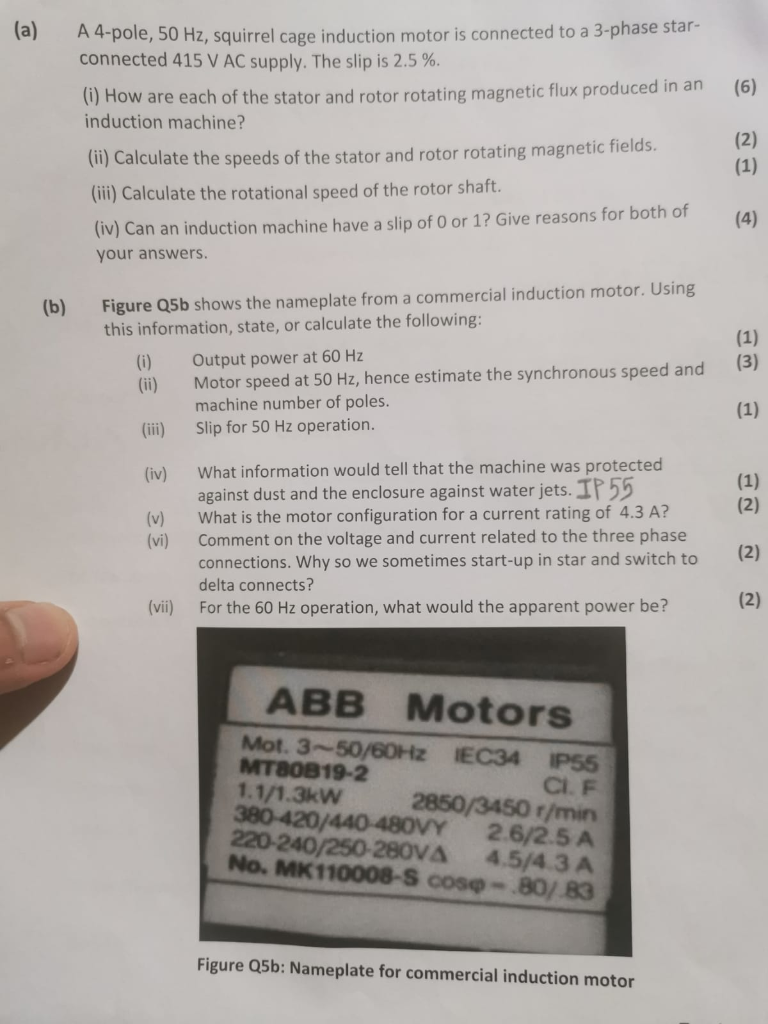
Solved A A 4 Pole 50 Hz Squirrel Cage Induction Motor Chegg Com

Running A 380v 50hz Motor 460v 60hz Youtube

Difference Between 50hz And 60hz Frequency Electrical Mastar

Mannesmann Rotary Mini Drill Set 200 Rpm 230 V 50 Hz 18 V Gs Vpa Tuv For Sale Online Ebay

125 Hp Marathon Electric Motor 60hz 50hz 1780rpm 1480rpm 460v Explosion Proof Oil Trades Supply Corp

110v 2v Ac Micro Synchronous Geared Motor 50hz 60hz Oscillating Fan Motor Microwave Oven Mini Ac Motor 0 9 70rpm Ac Motor Aliexpress
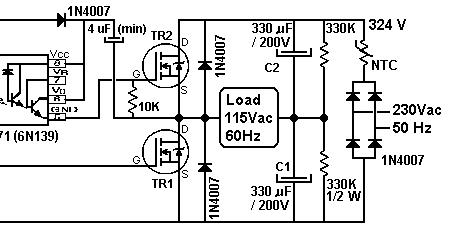
Frequency Converter 50hz To 60hz Design

Cf Range 50 60hz Ou 60 50hz Enag Pdf Catalogs Documentation Boating Brochures

50 Hertz 50hz 60hz Frequency Converter Gohz Com
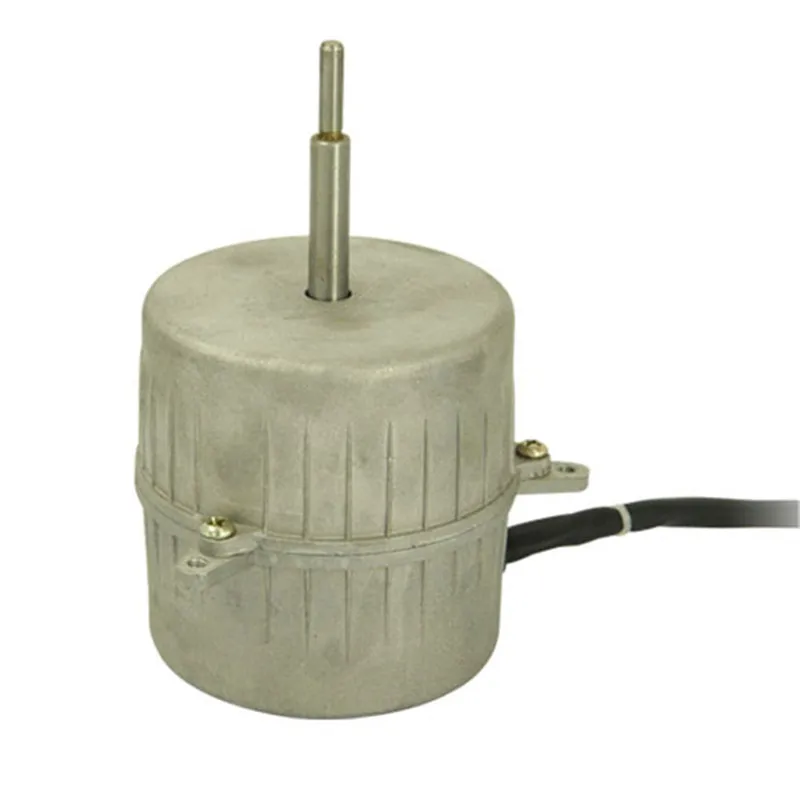
2 V 50 Hz 60 W Range Hood Motor 4 Speed Buy Range Hood Motor 4 Speed 60 W Range Hood Motor 4 Speed Range Hood Motor 4 Speed Product On Alibaba Com
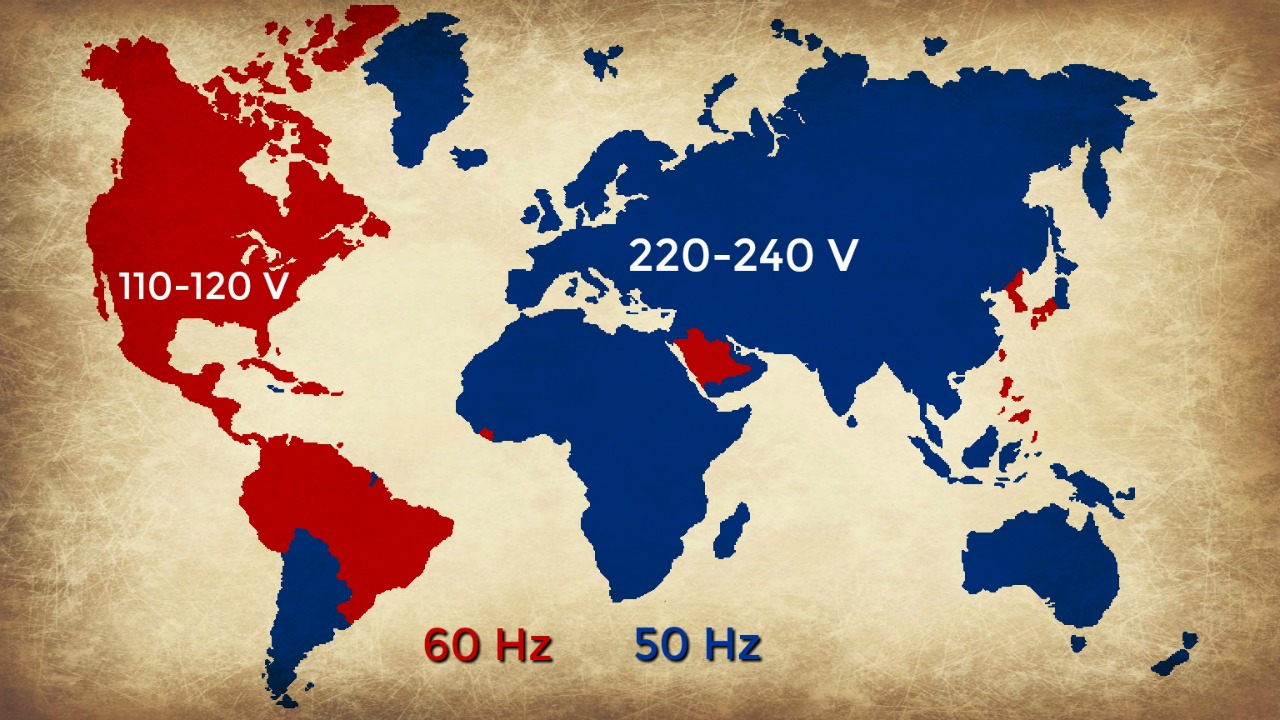
Choosing The Right Converter Or Transformer For Your Flip Clock Flip Clock Fans Forum
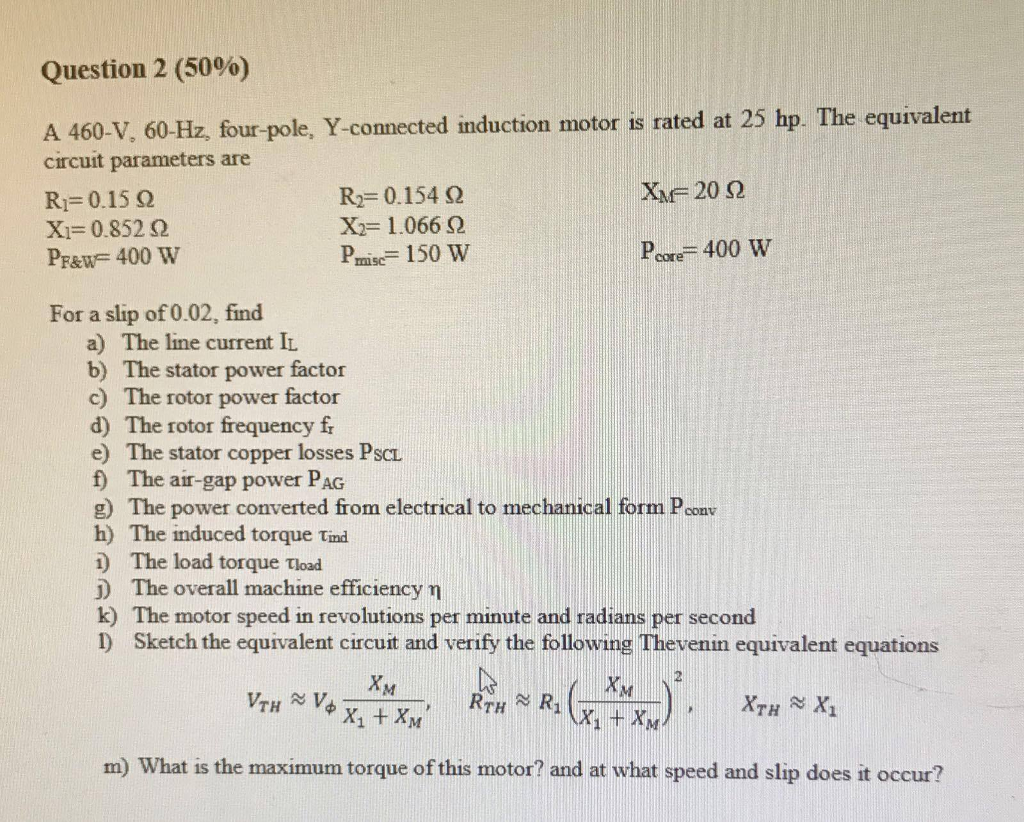
Solved Question 2 50 A 460 V 60 Hz Four Pole Y Conn Chegg Com
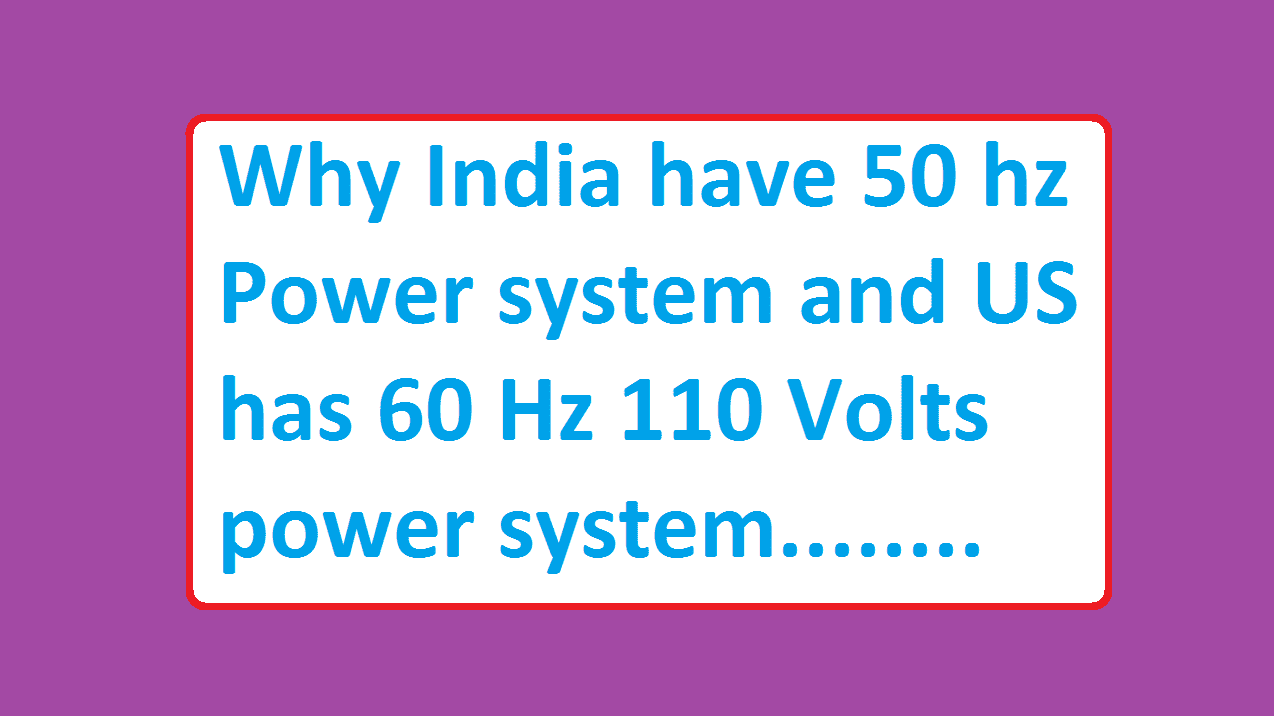
Why India Has 50 Hz Power System And Us Has 60 Hz 110 Volts Power System Electrical4u
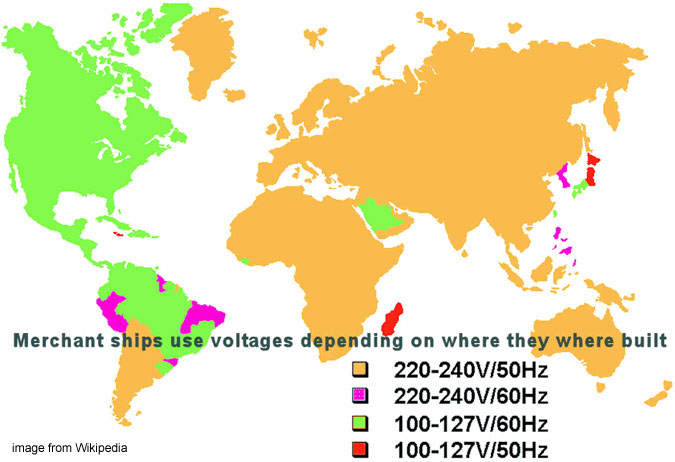
50hz 60hz Converter 110v 1v 2v 230v 240v
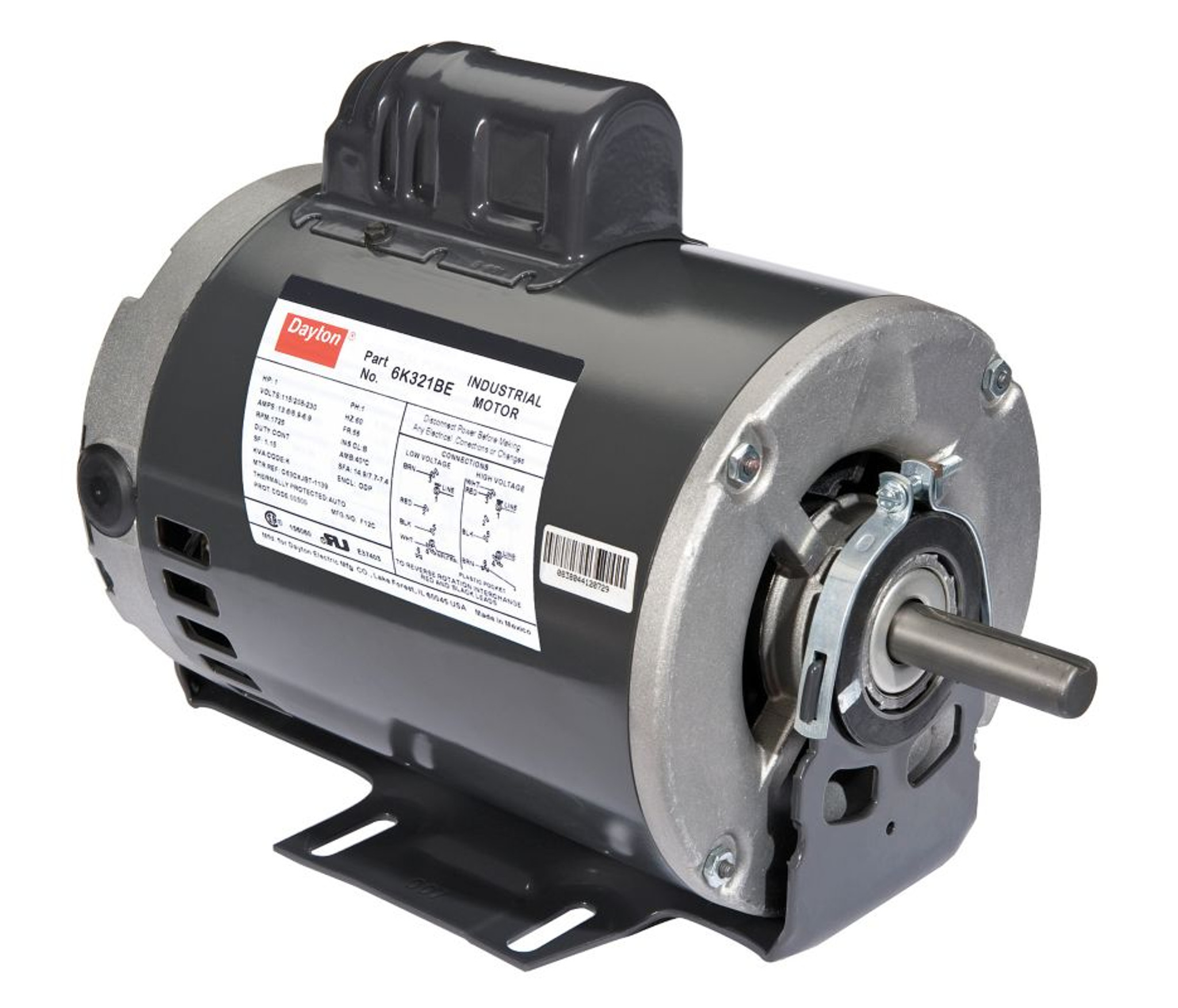
110v 60hz Or 2v 50hz 1 2hp Capacitor Start Motor With Thermal Protection Covington Corporation

Motor Poles Rpm Tw Controls

Can 50hz Motor Works On 60hz Power Supply Electrical Interview Question Youtube

Is It Safe To Use A 1v 300w 60hz Ups In A Country With 240v 50hz After Step Down With Regular 1000w Transformer Electrical Engineering Stack Exchange

2 Kva 110v 2v 60hz 50hz Frequency Converter Gohz Com
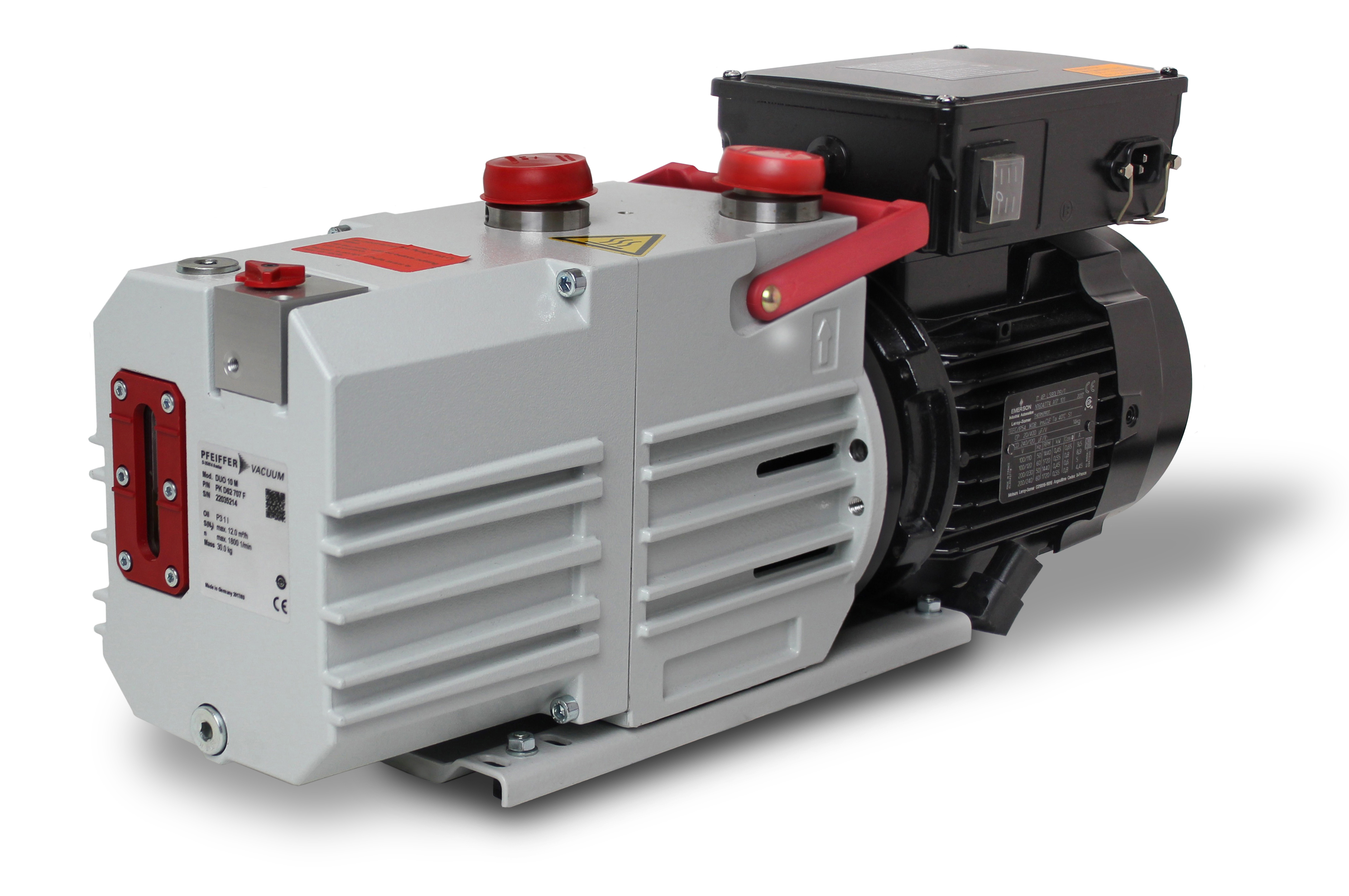
Pfeiffer Duo 10 M Vacuum Pump With Oil Mist Filter 115 V 230 V 50 60 Hz Ab Spi Supplies

Can A 60hz Motor Run On 50hz Power Supply Electricabc Com

50hz 60hz Frequency Converter

Emerson D14s2m Motor 1 4 Hp 1725 1425 Rpm 8 2 440 V 60 50 Hz 56 Fr For Sale Online

Frequency Converter 50 60 Hz Converter
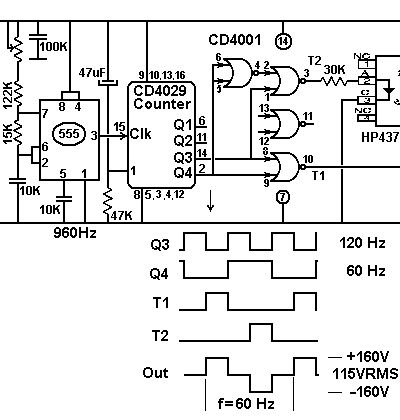
Frequency Converter 50hz To 60hz Design

Ac Power Reducer For Using 2 240 Volt 60 Hz High Power Motorized Ap Acupwr

Rael 80l 4 Ex Inverter Duty Motor 230 400 V 50 Hz 0 75 Kw 265 460 V 80l 4 Ex Amazon Com Industrial Scientific

50 Hz Or 60 Hz Planetary Gearbox 380 V 660 V Apex Precision Mechatronix Private Limited Id
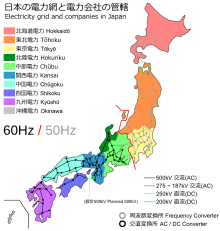
Utility Frequency Wikipedia

North American Electric Pe326t 50 4c General Purpose Electric Motor 50 Hp 1800 Rpm 326t Frame 8 230 460v 3ph Nema Design C 60hz 1 15 S F Tefc Crusher Duty Cast Iron Prem Eff Inverter Duty Eis

How To Maximize Gearmotor Speed Range Machine Design
Ar Turntable In The Uk Has 115v 60hz Motor Does Not Like Uk230v 50hz Will A 230v 60hz Hurst Motor Fix My Problem Vinyl Engine

You Purchase A Motor In Germany Designed To Run At 415 Volts 50 Hz It Has 75 Kw Output Power Runs At 2978 Rpm And Has 240 N M Of Rated Torque You
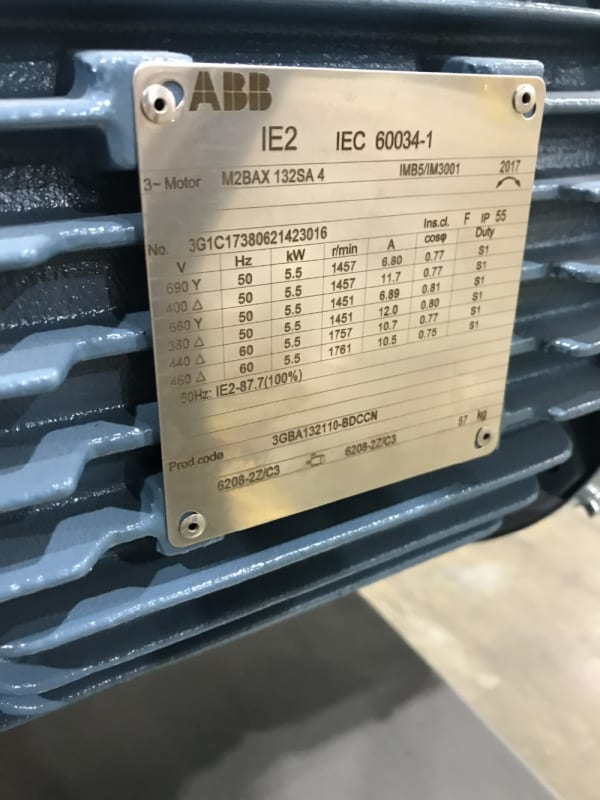
Is This Pump Motor 60hz Or 50hz Electric Motors Generators Engineering Eng Tips
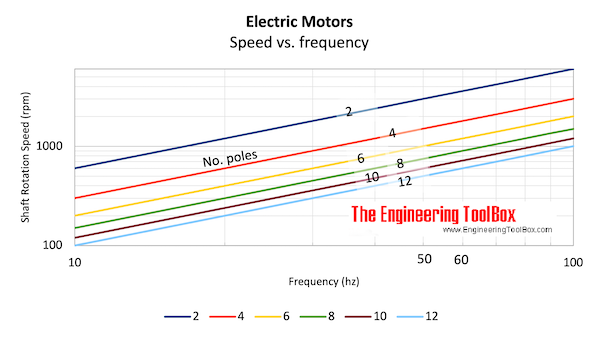
Electrical Induction Motors Synchronous Speed

50 Sc 60 Hz To 50 Hz Motor Generator Set Design Performance Youtube

Frequency Inverter 60hz To 50hz Frequency Converter
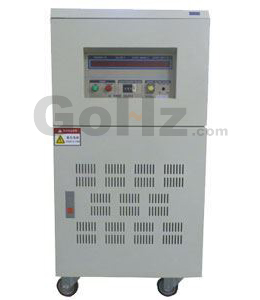
60hz To 50hz Frequency Converter
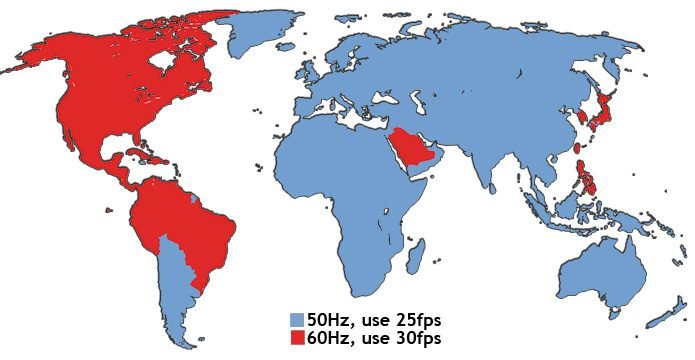
50 And 60 Hz What Is The Difference Electrical E Library Com

Motovario Ts63d4 Single Phase Motor 230 400 V 50 Hz 0 25 Kw 13 Rpm T Amazon Com Industrial Scientific
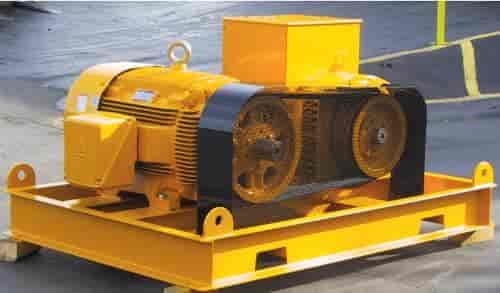
50 To 60 Hz Motor Generator Set Frontier Power Products
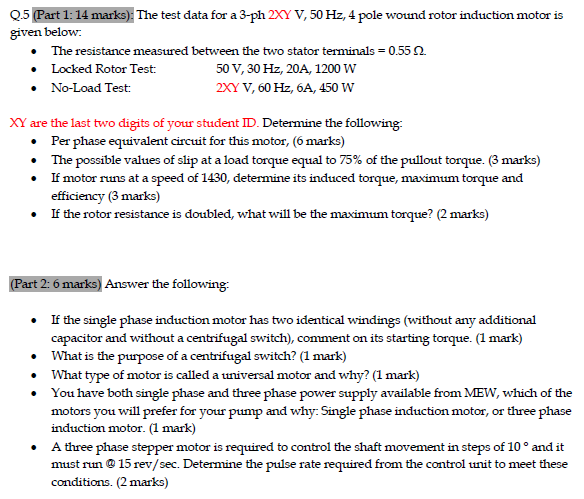
Q 5 Part 1 14 Marks The Test Data For A 3 Ph 2 Chegg Com
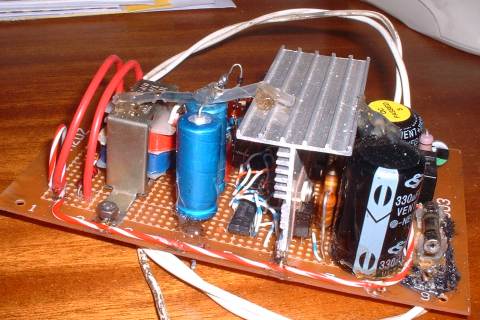
Frequency Converter 50hz To 60hz Design

Frequency Converter 50 60 Hz Frequency Converter

Ac Power Booster For Using 2 240 Volt 50 Hz Appliances With High Pow Acupwr

Utility Frequency Wikipedia

Flameproof Motor Premium Efficiency 2 Hp 04p 56hc 230 460 V 60 50 Hz Tefc Foot Mounted Explosion Proof Fractional Motor Class I Class Ii Explosion Proof Dip Ac Motors Nema Electric Motors Weg Products

Solved 5 1 A Three Phase 5 Hp 8 V 60 Hz Induction Mo Chegg Com

Crompton 50 Hz 60 Hz Three Phase Ie2 Ie3 Motors 415 V Rs Piece Id
What Are The Benefits Of 50 Hz Over 60 Hz In Providing Electricity Quora

Gp Motor 3 Phase Tefc 30hp 60 50hz Amazon Com Industrial Scientific

Difference Between 50hz And 60hz Frequency Gohz Com

What Is The Difference Between 50hz And 60 Hz Motor Can 50hz Motor Work On 60 Hz Power Supply Youtube

W22 Nema Premium Efficiency 1 5 Hp 2p 143 5tc 3ph 230 460 380 V 60 50 Hz Ic411 Tefc Foot Mounted W22 W22 Tefc Cast Iron General Purpose Odp Tefc Ac Motors Nema Electric Motors Weg Products

Can A 60hz Motor Run On 50hz Power Supply
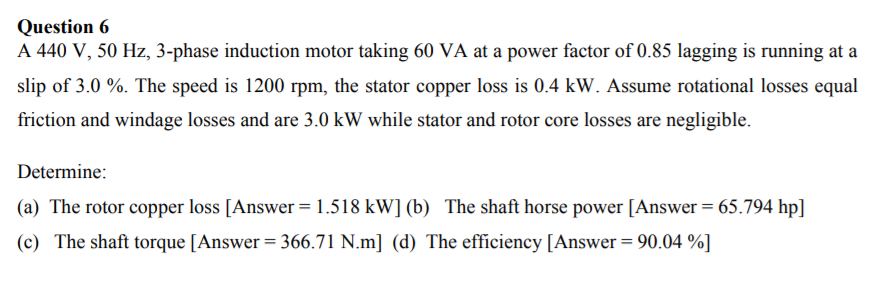
Solved Question 6 A 440 V 50 Hz 3 Phase Induction Motor Chegg Com

Vem Motors K21r 71 K 6 Motor 50 Hz 0 18 Kw 60 Hz 0 21 Kw T Amazon Com Industrial Scientific

Ac Power Booster For Using 2 240 Volt 50 Hz Appliances With High Pow Acupwr
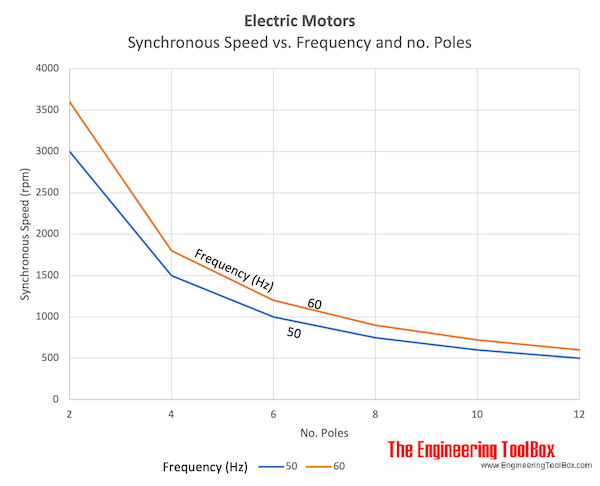
Nbmkktrp Ab6fm

What Determines The Rotating Speed Of A Motor

Can I Run A 50hz Motor On 60hz Power Supply Gohz Com

50 60 Hz Guide
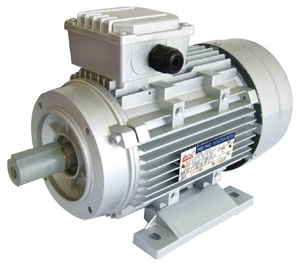
50hz Motor Running On 60hz Power Supply

Small Ac Motors
230vac 60hz Single Phase Motor Running At 50hz

50 Hertz 50hz 60hz Frequency Converter Gohz Com
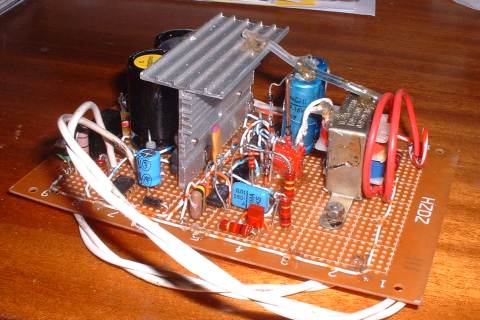
Frequency Converter 50hz To 60hz Design

50 60 Hz Guide

Difference Between 50hz And 60 Hz Motor 50 Hz Aur 60 Hz Motor Ma Kya nter Hota Ha Youtube
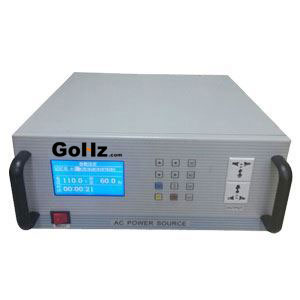
Running 50hz Pump Motor On 60hz

Solved Problem 4 A 380 V 40 Hp 4 Pole 60 Hz Y Conne Chegg Com

Genteq Oem Fan Motor 1 15 Hp 1500 1300 Rpm 60 50 Hz Ph 1 230 V Ccw Ebay

60 To 50hz Converter 60hz To 50hz Frequency Conversion

Solved Answer The Followings Calculate The Synchronous S Chegg Com
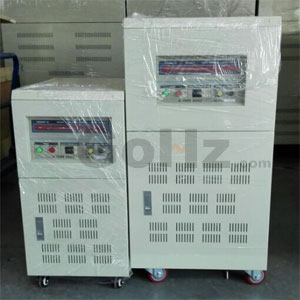
460v 60hz Motor On 400v 50hz Power Supply
What Is The Rpm Of A 6 Pole Motor Winding Quora

Rental Units For 60 Hz To 50 Hz Frequency Conversion Horlick
50 Hz To 60 Hz Pulley Exchange Vinyl Engine

Constant Speed 300 Rpm Ac Gear Motor 50hz 60hz For Automatic Mahjong Machine

Generator Frequency Conversions 60 Hz And 50 Hz Used Generator Power Diesel Service
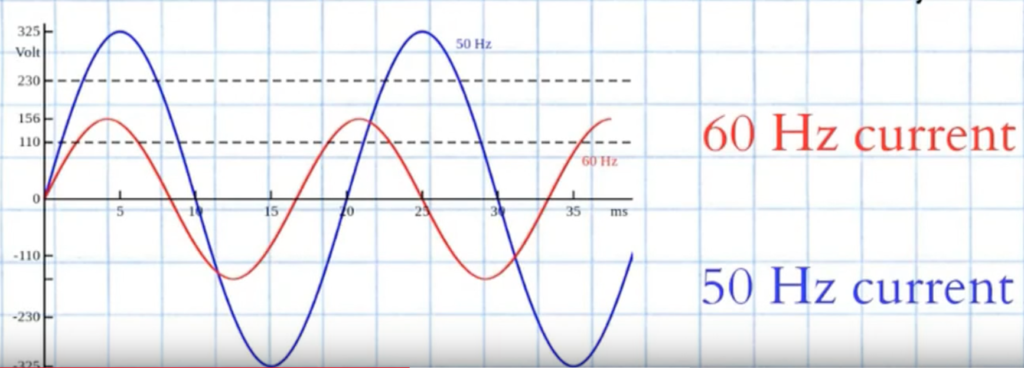
50 60 Hz Guide
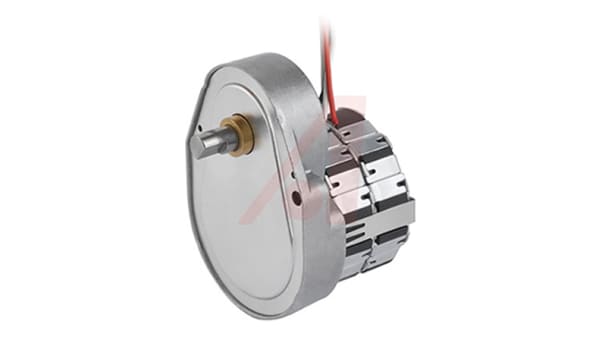
Ufr1nh8f60cmnn Johnson Electric Synchronous Ac Geared Motor 12 230 V 500 Rpm 50 Hz 600 Rpm 60 Hz Rs Components

50 And 60 Hz What Is The Difference Electrical E Library Com
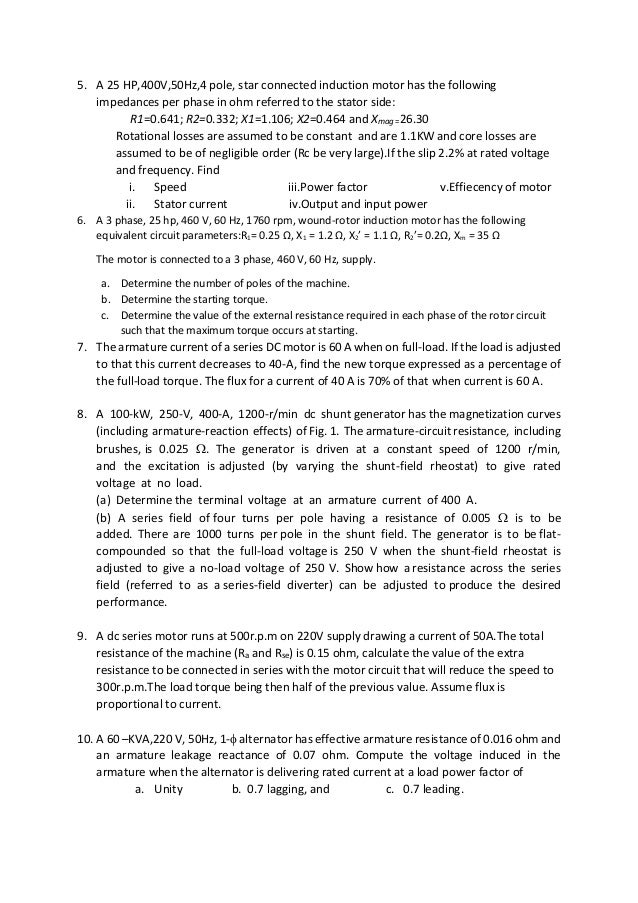
Assignment Solution Selected
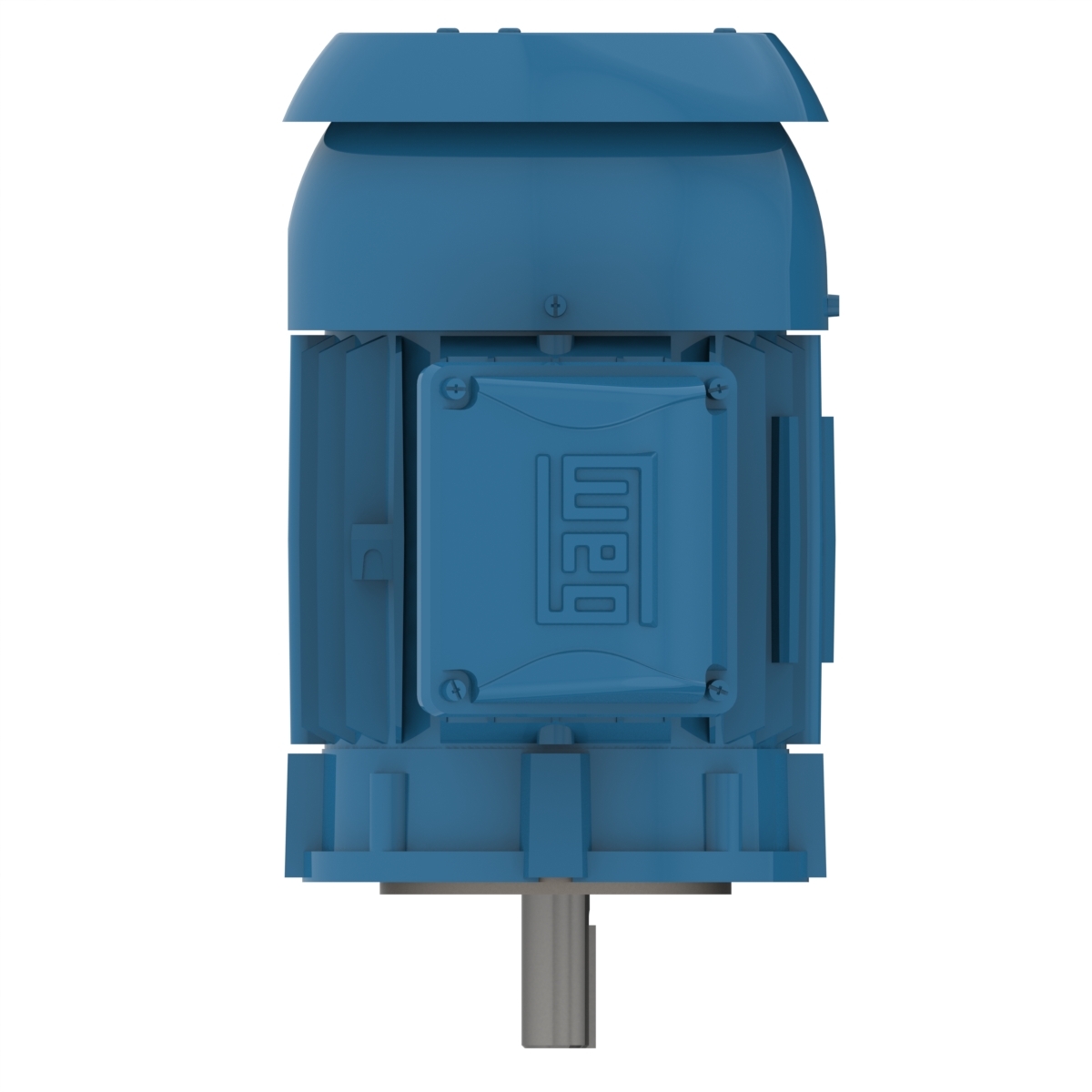
W22 High Efficiency 1 Hp 4p 143tc 3ph 8 230 460 380 V 60 50 Hz Ic411 Tefc Footless Tefc W22 W22 Tefc Cast Iron General Purpose Odp Tefc Ac Motors Nema Electric Motors Weg Products

Tamagawa Synchro Ts21n1e11 Motor 100 110 V 50 50 Hz New स क र नस म टर Amin Corporation Bhavnagar Id

Utility Frequency Wikipedia

Tec Mct 503 Motor Timer 50 Hz 3 72 Seconds 60 Hz 3 60 Seconds Ebay

Electric Motor 1 1 Kw B5 Flange 50 60 Hz 230 400 Vac Spares In Motion
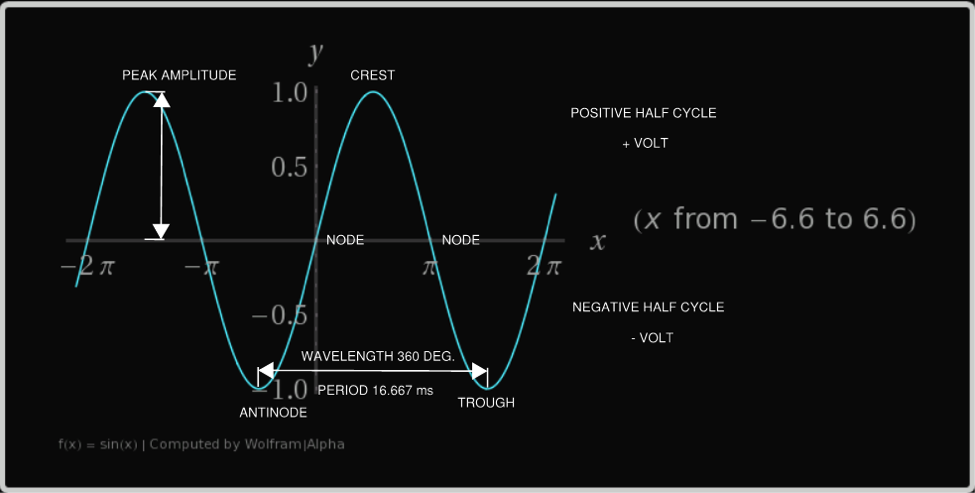
Pump Power Frequency And Alternating Current Ac Nickerson Company Inc
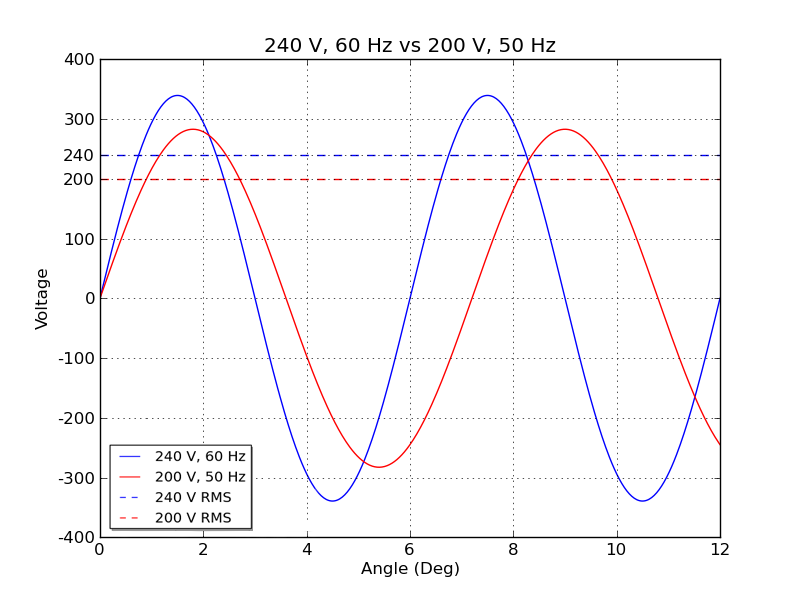
What S Your Frequency Groschopp



